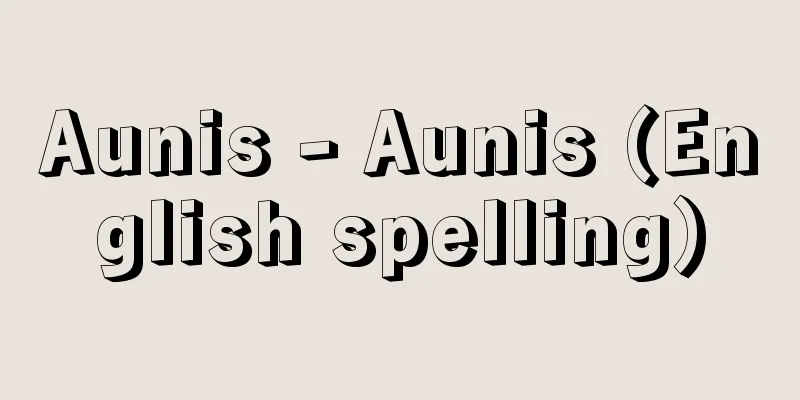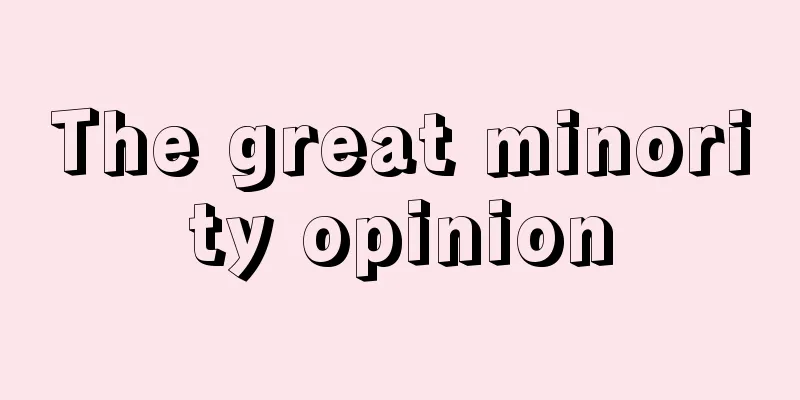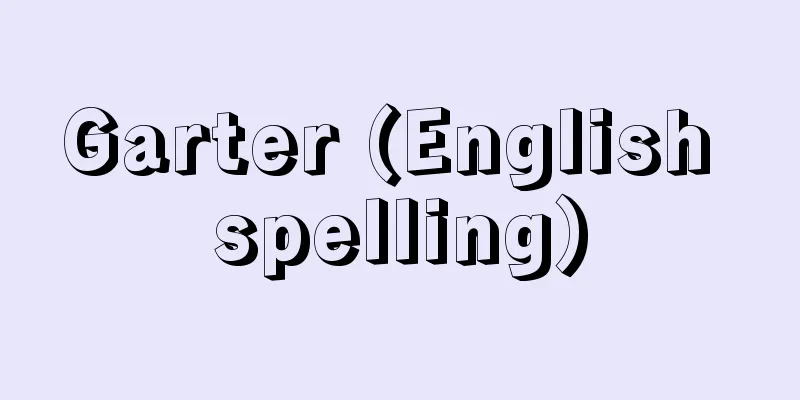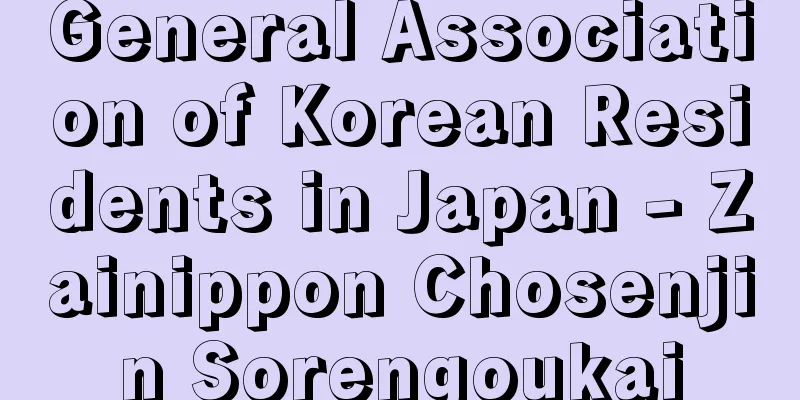Sheep science - Kuyogaku
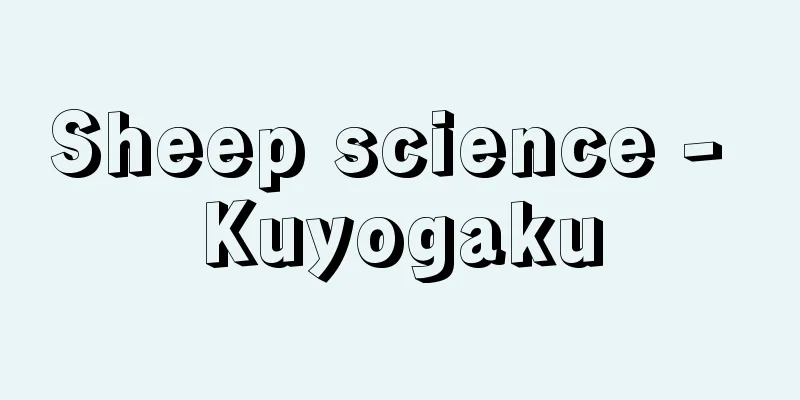
|
It refers to the hermeneutics of "Gongyang Zhuan" and the study of the fundamental principles (weak words) of Confucius that are entrusted to the "Spring and Autumn Annals" through "Gongyang Zhuan". Of the three commentaries on the "Spring and Autumn Annals", "Zuo Zhuan" is ancient literature, while "Gongyang Zhuan" and "Gu Liang Zhuan" are modern literature, so Gongyang studies are always in the background of the debate between modern literature and ancient literature, and are often treated as synonymous with modern literature. Furthermore, while "Zuo Zhuan" is historical, "Gongyang Zhuan" is theoretical, so Gongyang studies also have a purely theoretical and ideological style of study, and because the description in "Gongyang Zhuan" is concise, Gongyang studies are characterized by creative and expanded interpretations. It was at the beginning of the Han dynasty that the Gongyang Biography was compiled into a book, and Gongyang Studies, which can be said to be the study and interpretation of the book, began with Dong Zhongshu of the Western Han dynasty. He Xiu, who came to succeed Dong Zhongshu and compiled the Han dynasty Gongyang Studies, was at the end of the Eastern Han dynasty. Gongyang Studies (1) reveres Confucius, whereas the Zuo Zhuan school reveres the Duke of Zhou. (2) It values the relationship between father and son and places the highest priority on family morality. In terms of ethics, he also valued motives rather than the results of actions, affirmed the right to "go against the scriptures and then become good," emphasized revenge, saying that the enemy of one's father or sovereign should "be killed even for a hundred generations," approved of armed revolution if it "pleased the people of the country," praised chivalry, and made many other noteworthy claims.In the Qing Dynasty and after the Opium Wars (1840-42), the study of gongyang was taken up as a subject of academic research and as an ideology of change, and his views on barbarians, revenge, and progressive view of history were particularly highly praised. [Toshiaki Hihara] Source: Shogakukan Encyclopedia Nipponica About Encyclopedia Nipponica Information | Legend |
|
『公羊伝(くようでん)』の解釈学、また『公羊伝』を通して『春秋』に託された孔丘(こうきゅう)(孔子)の根本理念(微言大義(びげんたいぎ))を究明する学問をいう。『春秋』に関する3種の伝のうち、『左氏伝』は古文学、『公羊伝』『穀梁伝(こくりょうでん)』は今文学(きんぶんがく)であるところから、公羊学はつねに今文学対古文学の論争を背景にもち、しばしば今文学と同義に扱われる。また『左氏伝』が歴史的なのに対して、『公羊伝』は理論的なので、公羊学も純理的、思想的な学風となり、『公羊伝』の叙述が簡略なため、公羊学は創造的な拡張解釈を特色とする。『公羊伝』が書物として整理されたのは漢(かん)初のことであり、その研究解釈学ともいうべき公羊学は、前漢の董仲舒(とうちゅうじょ)に始まる。董仲舒を継承して、漢代公羊学を集大成したのは後漢(ごかん)末の何休(かきゅう)である。公羊学は、(1)左伝学派が周公を尊ぶのに対して、孔子を尊崇する。(2)父子の道を重んじ家族道徳を至上視する。そのほか倫理学的には行為の結果を問題にせずに動機を重んじ、「経に反して然(しか)る後(のち)に善なる」権を肯定し、君父の仇(あだ)は「百世といえども討つべし」と復讐(ふくしゅう)を強調し、「国じゅう人びと喜ぶ」ならば武力革命をも是認し、さらには侠気(きょうき)の礼賛、文実の二元論など、注目すべき主張が多い。清(しん)朝に至ってアヘン戦争(1840~42)以後、公羊学は学問研究の対象として、また変革のイデオロギーとして取り上げられ、とりわけ夷狄(いてき)観や復讐論、進歩史観は高く評価された。 [日原利国] 出典 小学館 日本大百科全書(ニッポニカ)日本大百科全書(ニッポニカ)について 情報 | 凡例 |
Recommend
Share - Share
...In particular, midyear and year-end gifts beca...
Usan Kingdom
...There are many gentle slopes toward the coast,...
Hagi Clan Clan Records
A collection of genealogies and ancient documents...
Gaiten-setsu
It is the oldest systematic view of the structure...
Mansai Jugō Nikki - Mansai Jugō Nikki
This is the diary of Sanboin Monzeki Mansai, the ...
Yanahara [town] - Yanahara
This old town occupies the middle reaches of the Y...
mamlaka
...Of course, daula is a concept centered on the ...
Written hearing - Shomenshinri
The term "disciplinary court" refers to ...
Babst, IK (English spelling) BabstIK
...For this reason, their opponents, the Slavophi...
Shiso (Perilla frutescens var. crispa)
It is an annual plant of the Lamiaceae family, nat...
Indigofera suffruticosa (English spelling) Indigofera suffruticosa
…【Arai Yoshie】. … *Some of the terminology that m...
juga
...Also, the privileged classes were exempt from ...
London Correspondence Society - London Correspondence Society
A radical reform group that emerged in England at ...
Islamic Sansai
...As a result, the shapes and glaze tones were n...
ERL - Erlang
An international unit of traffic (use of communica...

